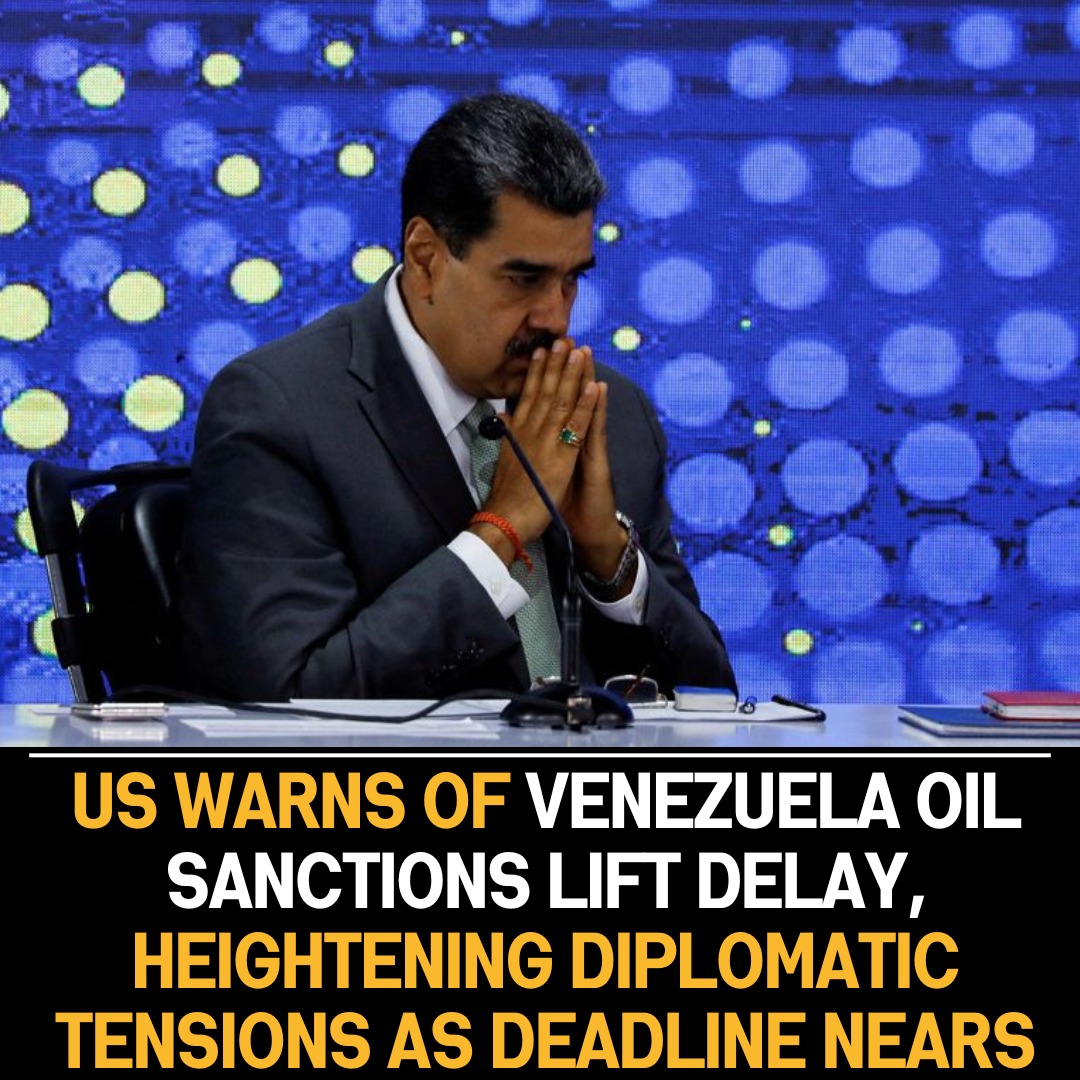As a deadline for potential relief of Venezuela oil sanctions looms, the United States has raised concerns about the associated risks, signaling underlying diplomatic and economic tensions. The situation underscores the complex dynamics surrounding Venezuela’s oil industry, international relations, and broader geopolitical interests.
The US has maintained stringent sanctions on Venezuela’s oil sector as part of its efforts to pressure the Maduro regime, which it considers illegitimate, to restore democracy and respect for human rights. These sanctions have significantly constrained Venezuela’s ability to export oil, a crucial source of revenue for the country’s economy. However, amid ongoing humanitarian crises and geopolitical considerations, there have been discussions about potentially easing these sanctions.
The suggestion of potential risks by the US suggests a cautious approach to any potential relaxation of sanctions. One concern is the possibility of providing a lifeline to the Maduro regime, allowing it to generate additional revenue that could be used to suppress dissent and perpetuate its grip on power. The US and its allies have long condemned Maduro’s authoritarian rule and have sought to isolate his government diplomatically and economically.
Furthermore, there are broader geopolitical considerations at play. Venezuela’s oil reserves are among the largest in the world, and any significant changes in its oil production and exports could have implications for global energy markets. The US, as a major player in the global energy landscape, is mindful of the potential impact of any decisions regarding Venezuela’s oil sector on oil prices and market stability.
Diplomatic tensions also come into play as various stakeholders navigate competing interests and priorities. While some countries may advocate for the easing of sanctions to alleviate humanitarian suffering in Venezuela, others may argue for maintaining pressure on the Maduro regime to promote democratic reforms. Balancing these divergent perspectives requires delicate diplomacy and careful consideration of the potential consequences.
Economic considerations further complicate the situation. Venezuela’s economy has been in freefall, exacerbated by the combination of sanctions, mismanagement, and corruption. Easing sanctions could offer a temporary reprieve for Venezuela’s economy but may also have unintended consequences, including reinforcing dependency on oil exports and delaying necessary structural reforms.
In conclusion, the US’s suggestion of potential risks associated with relieving Venezuela oil sanctions reflects the intricate interplay of diplomatic, economic, and geopolitical factors at stake. As the deadline approaches, stakeholders must weigh the competing interests and potential consequences of any decisions regarding Venezuela’s oil sector carefully. Finding a balanced approach that addresses humanitarian concerns while advancing broader strategic objectives remains a formidable challenge in the complex landscape of international relations.









